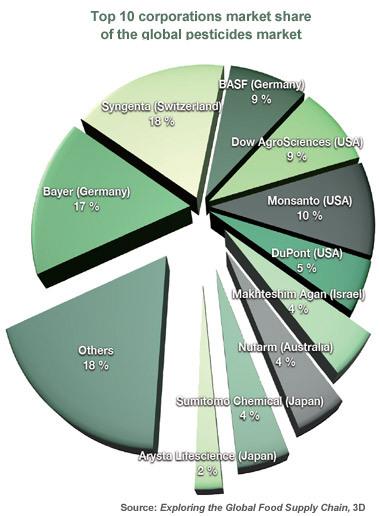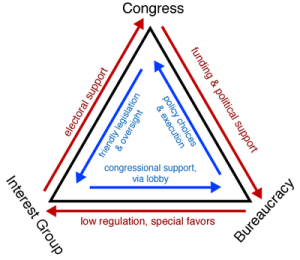Pursuit of Profit by the CEFIM
Nature conservation requires participation in politics. Here’s the outline of a political problem to consider: Large multinational corporations often pursue profits without regard for the consequences. We can limit corporate impacts in three major ways: We can divest our holdings in the largest chemical, energy, finance, insurance, and military corporations (CEFIM), we can stop purchasing their products, and we can support politicians (yes there are some) that oppose corporate power over government.

Chemical Industry
On everyone’s mind just now are the pesticides that are killing the bees and butterflies. A social media push to block toxic pesticides is using the hashtag, #BeeKindObama to call on the president to halt the massive poisoning that the major chemical companies are promoting. The Pesticide Action Network (PAN) produced an info-graphic concerned with pesticides, seeds, and other biotechnology. It shows how a few chemical companies dominate the global market. If pesticides are your thing, go to PAN to find ways to take action.

Energy

1 ExxonMobil 0.660
2 Suncor Energy 0.623
3 Imperial Oil 0.503
4 Canadian Natural Resources 0.425
5 Royal Dutch Shell 0.338
Finance

Insurance
Here I’m focusing on health insurance corporations responsible for inflating costs across the health-care industry. They’ve all been involved, but the largest companies are: WellPoint, CIGNA, Aetna, Humana, United Healthcare, and BlueCross BlueShield. As the Affordable Health Care Act (Obama Care) brings prices down, you might want to shop for smaller providers less likely to exert pressure on politicians to guarantee their profits. Perhaps our next president will again try for a single-payer system.
Military

According to the Stockholm International Peace Research Institute, the 2013 top five arms and military services corporations were all American: Lockheed Martin, Boeing, BAE Systems, Raytheon, and Northrop Grumman. The U. S. companies are big, but there are other large arms corporations in many countries. The 2013 top ten arms exporting countries in approximate order of total revenue: U. S., Russia, France, U.K., Germany, Israel, China, Turkey, Netherlands, and Sweden. This list is approximate because records of arms exports are not well reported.
Getting Control of the Military Industry
This is a tough problem. Perhaps the best strategy is to watch for and vote for politicians that mention the MICC and oppose armed conflicts.

